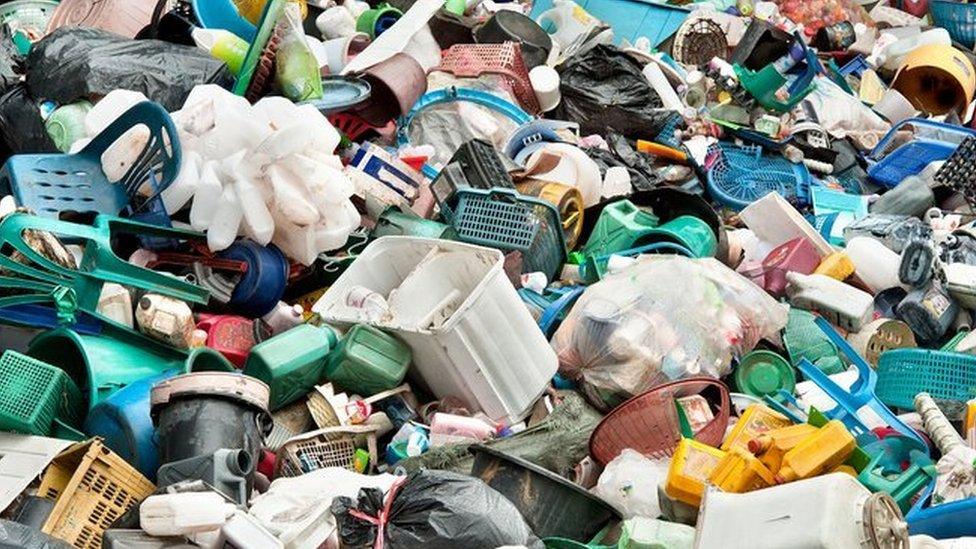Freshwater fish global population at risk of extinction
- Published
- comments
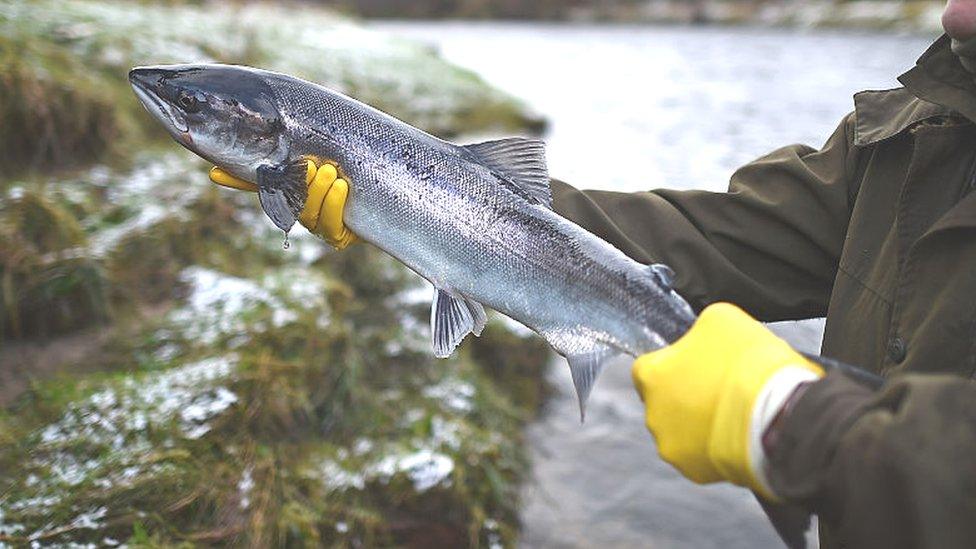
Healthy rivers are essential for fish to thrive
Freshwater fish are in "catastrophic" decline with nearly a third threatened by extinction, according to a new report.
Conservation groups said 80 species were known to have gone extinct, which means they now no longer exist.
Millions of people rely on freshwater fish for food and as a source of earning money through fishing and the pet trade. But numbers have dropped due to pressures including pollution and overfishing.
In UK waters, the sturgeon and the burbot have vanished, salmon are disappearing and the European eel remains critically endangered.
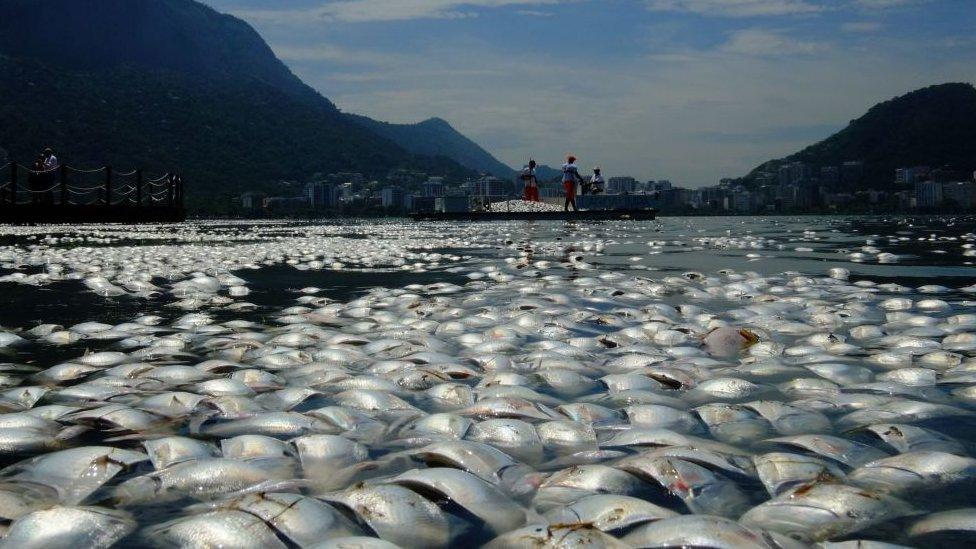
Dead fish in the water near Rio de Janeiro, Brazil
The report said populations of migratory fish - species that travel to a different place, usually when the season changes - have fallen by three-quarters in the last 50 years.
Over the same time period, populations of larger species, known as "megafish", have dropped by 94%.
The report, The World's Forgotten Fishes, is by 16 conservation groups, including WWF, the London Zoological Society (ZSL), Global Wildlife Conservation and The Nature Conservancy.
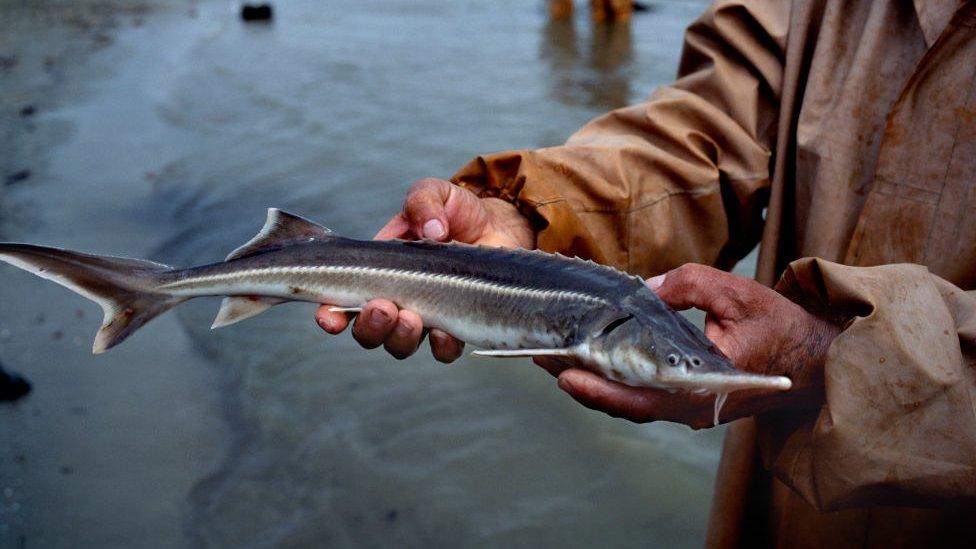
Large fish such as sturgeon are dying out faster
According to the WWF, the fall in numbers is driven by the poor state of rivers, mostly as a result of pollution, dams and sewage. It has called on the government to restore freshwater habitats to good health.
Dave Tickner, from WWF, said: "Nature is in freefall and the UK is no exception: wildlife struggles to survive, let alone thrive, in our polluted waters."
"If we are to take this government's environmental promises seriously, it must get its act together, clean up our rivers and restore our freshwater habitats to good health."
A spokesperson for the Department for Environment, Food and Rural Affairs (Defra) said: "We remain committed to working closely with water companies, farmers and the fishing industry to restore healthy fish stocks and habitats both through domestic action and international working.
- Published2 June 2020
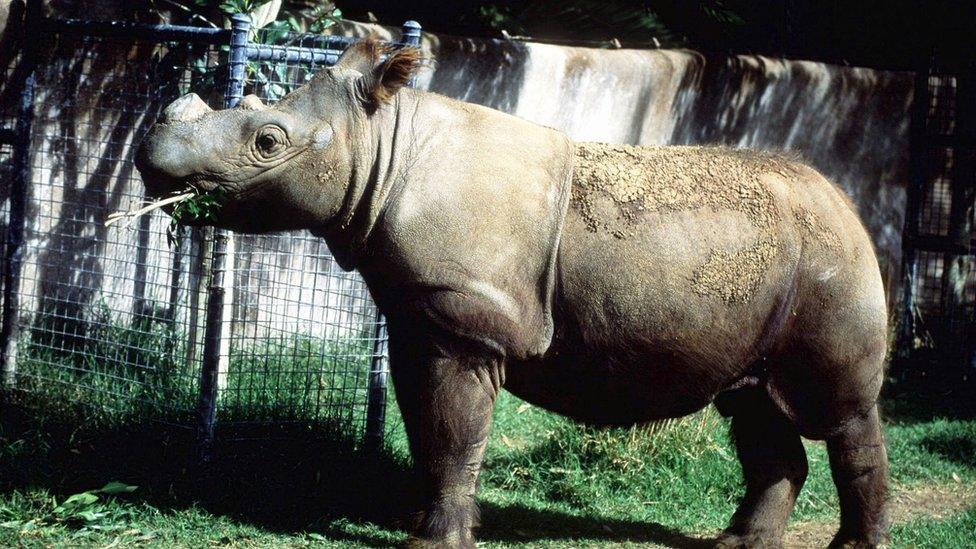
- Published7 May 2019
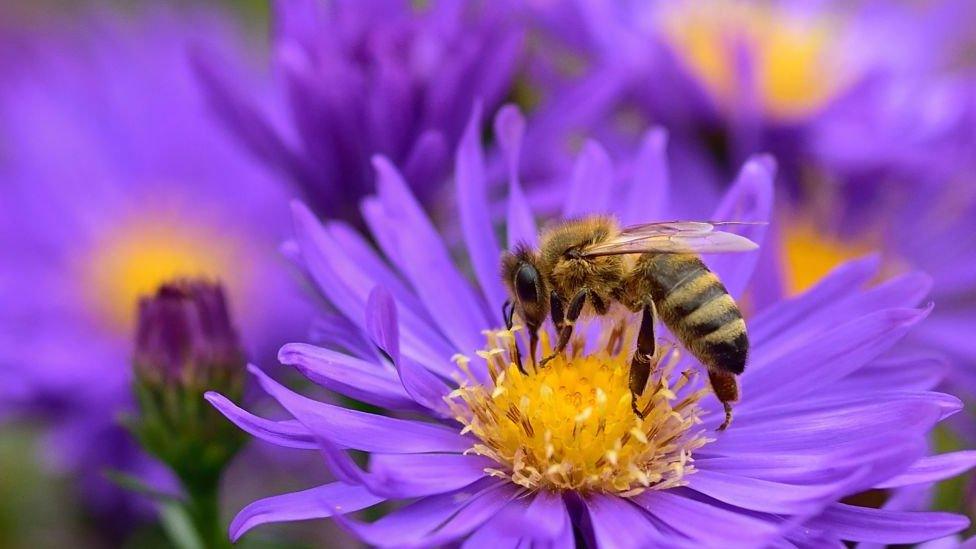
- Published25 February 2019
